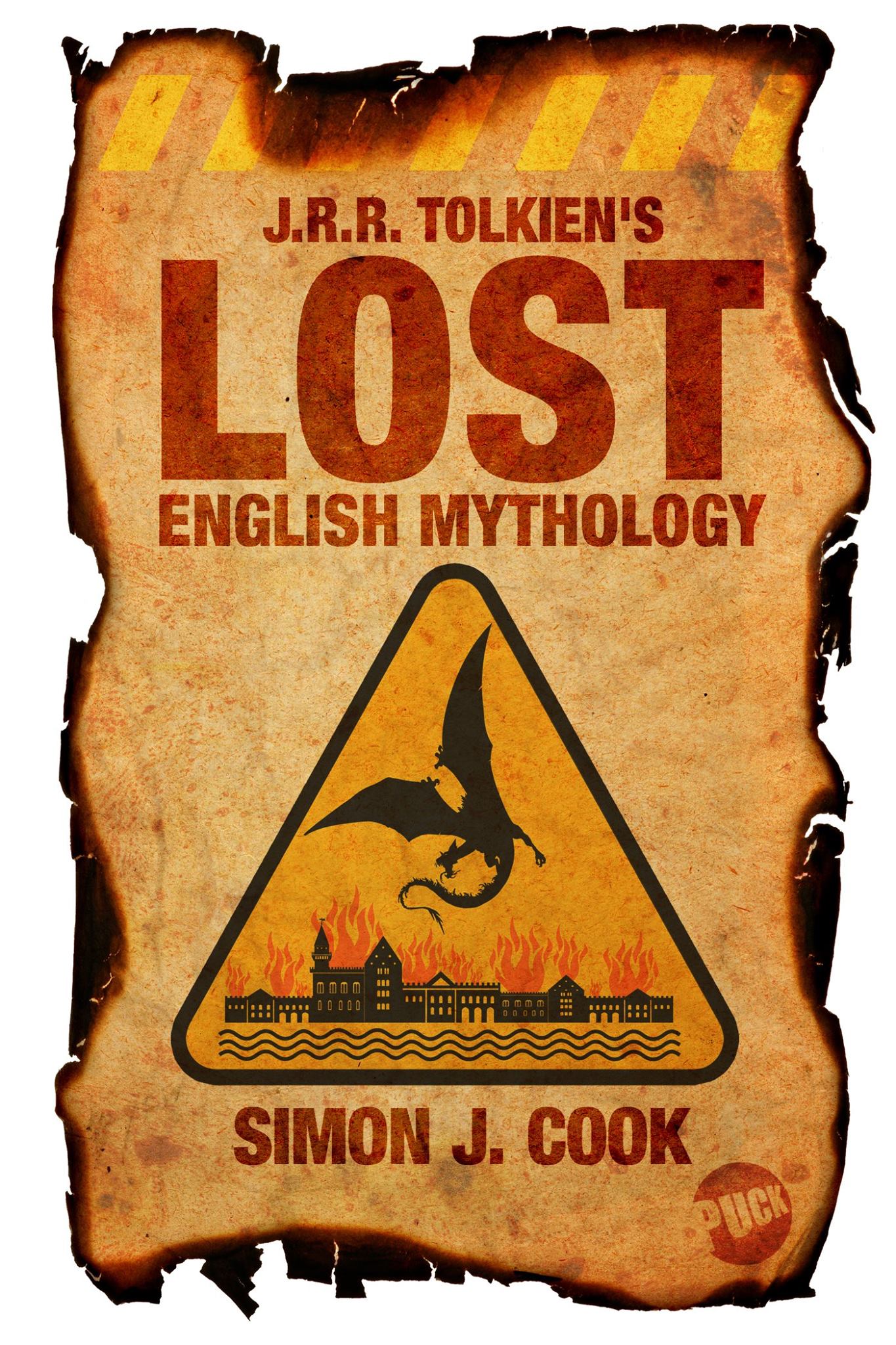Back to the past - Simon J. Cook on Tolkien and History (29.11.14 by Sue Bridgwater) -
Comments
Tolkien himself said in the preface to the second edition of ‘The Lord of the Rings’ (1966) that his own preference is for ‘history, true or feigned,’ and the quality of historicity is strong in all his works. His vision encompasses an entire creation, from its birth to its ending, even though this vast enterprise was never wholly completed. Simon J. Cook sees the stories of Middle-earth as reconstructions of the traditions of the ancient English, which they brought with them to the British Isles but began to forget in the days of Alfred the Great.
One of the ways Tolkien created his sense of history involved the development of the mythology and traditions of the different races of his subcreated world. Much Tolkien scholarship has been devoted to tracing mythological and folklore sources for Tolkien’s works; Simon J. Cook’s exciting new paper, J.R.R. tolkien's Lost English Mythology, looks into the views of history and modes of historical thought that influenced Tolkien.
The development of historical ideas and writings about England, the concepts of Englishness that have prevailed in the past, are discussed, situating Tolkien’s creative writing in relation to his scholarship, which developed in the scholarly context of contemporary discoveries about European prehistory. These transformed Edwardian ideas of English origins, turning their gaze from the settlement of Britain back to a far more ancient homeland in the North of the Western world. Cook centres in on Chadwick as the strongest candidate for having shaped Tolkien’s own view of history;
‘The young Tolkien did find one reputable guidebook to aid his navigation through one area of this still undisciplined and wild terrain [prehistory]: Hector Munro Chadwick’s ‘The Origin of the English Nation’. This seminal study traced the history of the English back before their settlement of Britain, and did so by way of reconstructing the ancient traditions of the Continental English. Still authoritative today, Origin was first published in 1907 ...’
Two key themes of this ancient mythology were identified by Chadwick: the marriage of a mortal man to an immortal goddess, and the miraculous origin of the first great king of the North. Tolkien’s writings, from the early ‘Book of Lost Tales’ through to The Lord of the Rings, are shown to relate in changing ways to these two key themes, with the figure of Aragon finally uniting them in one person when he marries an immortal elf and reclaims his throne with the declaration "Out of the Great Sea to Middle-earth I am come. In this place will I abide, and my heirs, unto the ending of the world." (Return of the King, ‘The steward and the king.’) The Lord of the Rings was conceived by Tolkien as a reconstruction of the original stories out of which were born the very ancient traditions of the English.
In this paper Cook has opened up an insufficiently explored aspect of the development of Tolkien as a scholar and writer; the importance of his created languages is well-known, but the historicity of the works, even as they reconstruct lost mythologies, is here convincingly emphasised, and I urge anyone truly interested in Tolkien’s work to be sure to read it.
About the author Sue Bridgwater
Sue Bridgwater is an independent scholar; her work on Tolkien and other mythopoeic writers appears in specialist journals and anthologies. She is the CEO of Eluth Publishing, home of the Skorn series of fantasy novels which she co-authors with Alistair McGechie. Website: https://independent.academia.edu/SueBridgwater
About the author Simon J. Cook
Simon J. Cook is an independent scholar. Most of his academic writing can be found at: yemachine.academia.edu/simoncook.
Author: Simon J. Cook
Publisher: Ye Machine
Publication Date: Kindle edition, Simon J. Cook
Type: ebook, 49 pages
ASIN: B00OJFOHWE
Spread the news about this J.R.R. Tolkien article:
